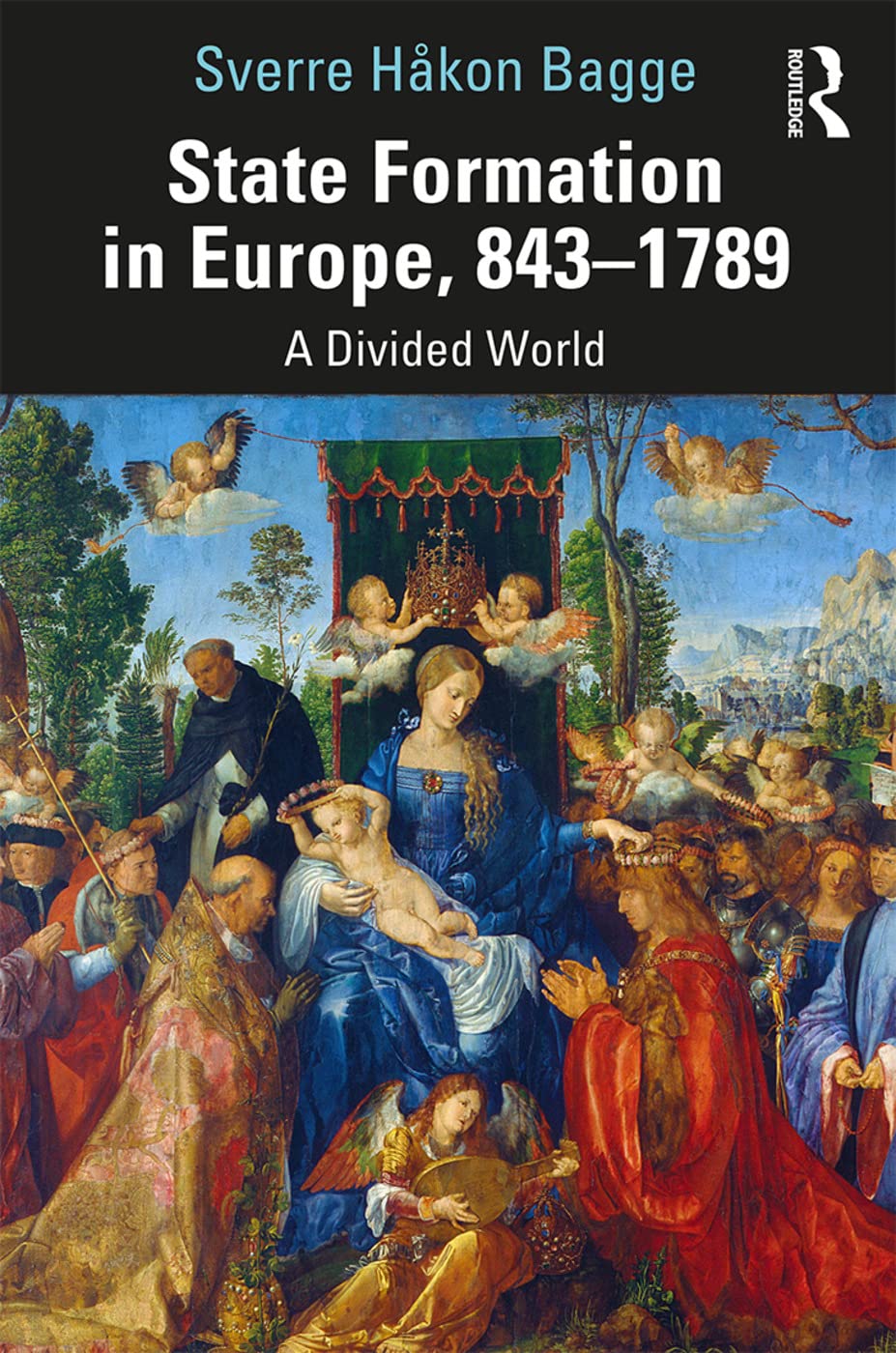State Formation in Europe, 843–1789: A Divided World
State Formation in Europe, 843–1789: A Divided World is backordered and will ship as soon as it is back in stock.
Couldn't load pickup availability
Genuine Products Guarantee
Genuine Products Guarantee
We guarantee 100% genuine products, and if proven otherwise, we will compensate you with 10 times the product's cost.
Delivery and Shipping
Delivery and Shipping
Products are generally ready for dispatch within 1 day and typically reach you in 3 to 5 days.
Book Details
-
Author: Sverre Håkon Bagge
-
Publisher: Routledge
-
Language: English
-
Edition: 1st Edition
-
ISBN: 9780367185626
-
Binding: Paperback
-
Number of Pages: 297
-
Release Date: June 19, 2019
-
Package Dimensions: 9.1 x 6.1 x 0.9 inches
About The Book
State Formation in Europe, 843–1789 by Sverre Håkon Bagge provides an insightful and comprehensive analysis of the development of European states, from the division of the Carolingian Empire to the cusp of the French Revolution. This thought-provoking work focuses on the internal and external factors that shaped the political landscape of Europe, offering a comparative view of Europe’s political evolution alongside the rest of the world.
Unlike traditional histories that break Europe into nation-states, Bagge examines the continent as a unified entity, exploring the broader historical connections that defined Europe’s political trajectory. The book traces the transformation of kingdoms into states, with special attention to the role of the Church and the towns in shaping these structures. By analyzing the complex power struggles between the state, the Church, and the towns, Bagge explains why the territorial state ultimately became the dominant form of political organization.
Additionally, State Formation in Europe places Europe’s development in a global context, shedding light on the universal trends that affected political organization across the world. This perspective allows readers to understand why Europe developed the way it did and the lasting global consequences of its political structures.
This book is an essential resource for students and scholars of medieval and early modern political history, state formation, and European history in a global context. It offers a fresh approach to understanding the complex political evolution of Europe and its interactions with the wider world.





